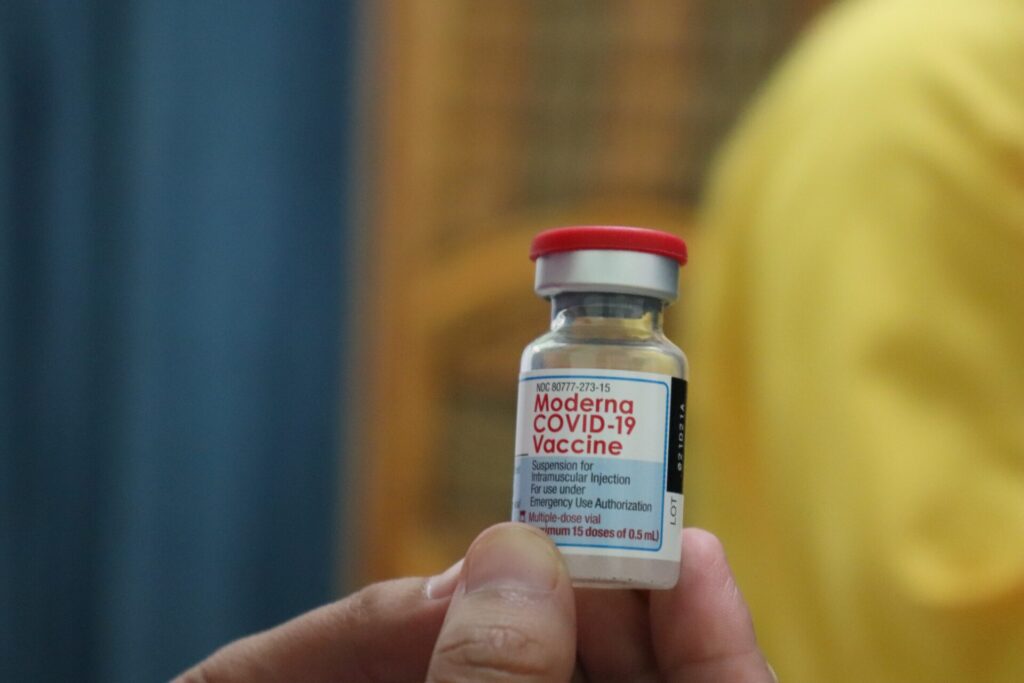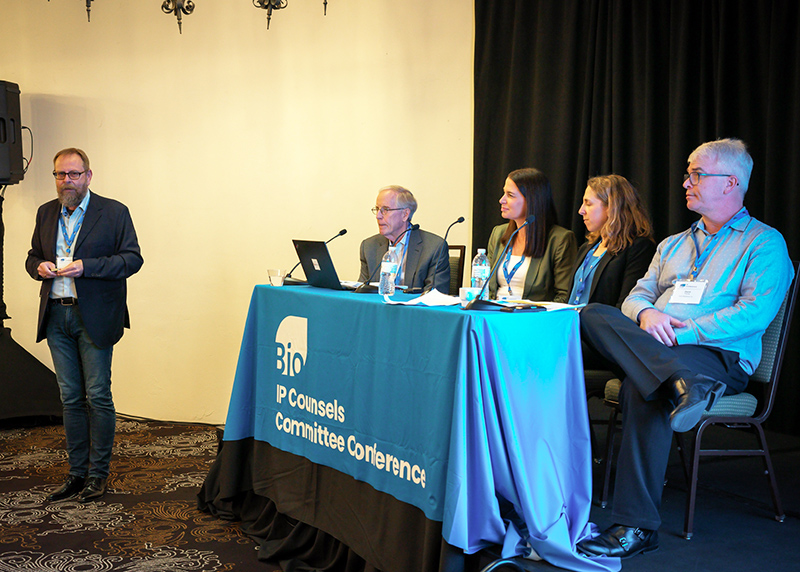The Food and Drug Administration (FDA) is expected to authorize Moderna’s COVID-19 booster shot for all adults — a move that would come in tandem with the clearance of Pfizer-BioNtech’s booster for widespread use, two people with knowledge of the matter told POLITICO.
The decision comes just days after Moderna officially asked the FDA to green-light the booster for Americans 18 and older, and reflects the administration’s growing unease over the recent rise in COVID-19 cases across the nation.
The FDA previously planned to authorize Pfizer’s booster shot this week, enabling the government to roll out shots to millions more people ahead of the Thanksgiving holiday.
But after Moderna filed a similar request on Wednesday, officials began debating whether to speed that authorization along as well, the people with knowledge of the matter said.
The FDA declined to comment.
Moderna reported earlier this summer that its booster is 93 percent effective when given six months after the second dose, and the company has been in close touch with the FDA since then about an eventual authorization of its shot for all adults.
With COVID-19 cases up more than 20 percent in the U.S. over the past two weeks, some administration officials also argued that clearing the shot prior to Thanksgiving would allow all adults to quickly seek a booster no matter which vaccine they originally received.
The FDA is now expected to finalize authorization for both vaccines on Friday morning, ahead of an afternoon meeting of the Centers for Disease Control and Prevention’s vaccine advisory panel, according to the people with knowledge of the matter.
Still, it’s unclear how the CDC panel will react to the rapid authorization of Moderna’s booster shot. The outside advisers — who are charged with recommending who should receive the vaccines — were originally scheduled only to consider expanded eligibility for Pfizer’s booster. The FDA’s move could raise concerns among some advisers that they’re being asked to endorse the distribution of a second vaccine on a more accelerated timetable than they originally planned.
The CDC is not required to follow the panel’s advice on how vaccines should be rolled out, but it has traditionally followed its recommendations.




